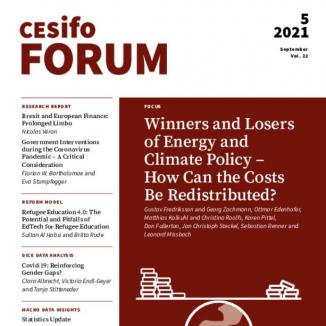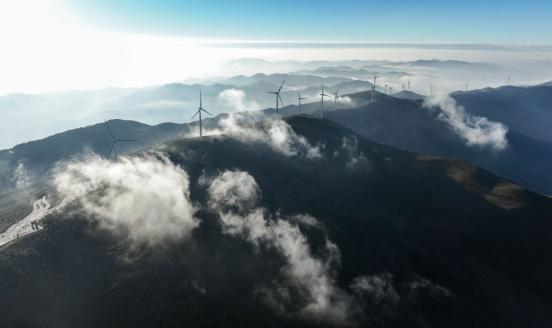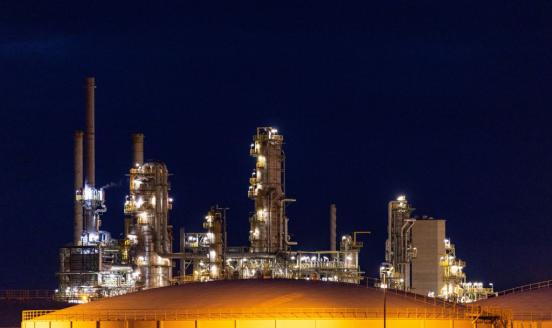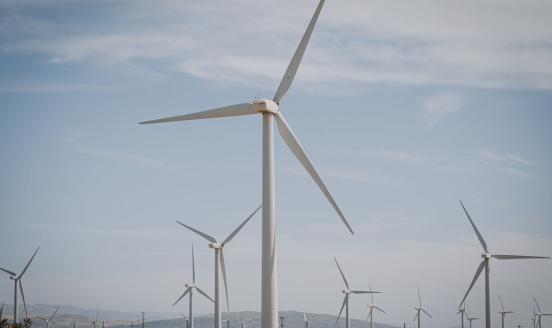Environmental and economic effects of the EU ETS
What is the impact of the EU ETS on carbon emissions and economic performance of regulated companies?
Speakers
Georg Zachmann
Senior fellow
Beatriz Yordi Aguirre
Director, European & International Carbon Markets, European Commission, Directorate General for Climate Action (CLIMA),
Antoine Dechezleprêtre
Senior Economist, Environment Directorate and Economics Department, OECD,
Sander de Bruyn
Environmental economics coordinator, CE Delft,
VIDEO & AUDIO RECORDINGS
SUMMARY
This event was chaired by Bruegel’s Senior Fellow Georg Zachmann, and saw the participation of Antoine Dechezleprêtre (Senior Economist, Environment Directorate and Economics Department, OECD), Beatriz Yordi Aguirre (Director for EU and International Carbon Markets, European Commission, DG CLIMA) and Sander de Bruyn (Environmental economics coordinator, CE Delft).
The presentation and discussion focused on the new OECD’s paper investigating the impacts of the European Union Emissions Trading System (EU ETS), Europe’s main climate change policy, on both carbon emissions and economic performance of regulated companies.
The empirical assessment of the EU ETS system attempts to analyse the impact causal impact of EU ETS on carbon emissions and firm performance, making use of highly granular data at the firm level and a complex econometric approach. OECD’s researchers matched the firms which have similar balance-sheet characteristics pre-2005 (e.g. assets and revenues), but are on different sides of the ETS regulation thresholds (e.g. 20 MWh of thermal input for combustion). By exploiting these breaks in data, they could set up a treatment versus control group experiment, and estimate the policy impact via a difference-in-differences methodology.
On the firm-performance they find a significant and positive, significant impact on revenues and fixed assets. They also find that EU ETS provoked a modest reduction in emissions levels, without harming the performance of the firm. The paper leaves a number of questions open for research, which were discussed with the panel and the floor (that included scholars, institution and industry representatives), namely: what are the mechanism that make this transmission possible? What will happen if the carbon price increases? Can we say that, overall, the EU ETS system is working?
One key point of discussion with the Chair Gerorg Zachmann, concerns the distributional effects of climate policies, subject of a new Bruegel Blueprint.
Event notes by Enrico Bergamini
Event materials
Presentation by Antoine Dechezlepretre Slide by Georg Zachmann Presentation by Sander de Bruyn







